Skiing is super fun, and there are different ways to do it. Two popular ways are backcountry skiing and resort skiing. Both have good things and not-so-good things. Some skiers like going to ski resorts because they find it easy and like the extra services. Others prefer backcountry skiing for the untouched snow and exciting adventure. Let's find out the upsides and downsides of backcountry and resort skiing.
For more about short skiing, check the video below:
Gear up for your next winter adventure
Resort skiing, also known as alpine skiing, involves skiing on designated slopes within a ski resort. Here are the pros and cons:
Pros of resort skiing:
Convenience
Resorts are typically equipped with ski lifts, groomed slopes, and other facilities, making it easy for skiers to access the slopes and enjoy a day on the mountain without much effort.
Variety
Resorts often offer a wide range of slopes, catering to skiers of different levels, from beginners to experts. This ensures that everyone can find suitable terrain to enjoy their skiing experience.
Amenities
Ski resorts usually provide amenities such as ski schools, rental shops, restaurants, and accommodations, making it a convenient choice for those seeking a hassle-free experience with easy access to services.
Safety measures
Resorts prioritize safety with marked trails, avalanche control, and ski patrol. The well-established infrastructure ensures a secure environment for skiers.
Cons of resort skiing:
Crowds
Ski resorts can become crowded, especially during peak seasons and holidays. Long lift lines and crowded slopes can lead to a less serene and more hectic skiing experience.
Limited freedom
Skiing within the boundaries of a resort means you have limited freedom to explore untouched terrain or choose your skiing path. This can feel restrictive for those seeking more adventure and exploring new places.
Cost
Skiing at resorts can be expensive. Lift tickets, equipment rentals, and other amenities contribute to the overall cost, making it less budget-friendly.
On the other hand, backcountry skiing involves venturing into unmarked and uncontrolled terrain, away from resort boundaries. Let's explore the pros and cons of backcountry skiing:
Pros of backcountry skiing:
Exploring new places
Backcountry skiing lets you discover beautiful, untouched landscapes. If you love the calmness of nature and enjoy challenging trails without markings, backcountry is perfect for you.
Fitness and adventure
The uphill climb in backcountry skiing provides an excellent workout, combining the joy of skiing with the physical challenge of climbing. It's an adventure that goes beyond the traditional downhill experience.
Freedom
In the backcountry, you have the liberty to choose your own path. Away from the bustling resorts, you can revel in the quiet solitude of nature. Backcountry skiing is like taking a break from the hustle and bustle, offering a peaceful and tranquil escape.

Cons of backcountry skiing:
Risk and Safety
The lack of groomed trails and avalanche-prone areas pose additional risks in the backcountry. Avalanches, hidden obstacles, and unstable snow conditions can present significant dangers, requiring experience, knowledge, and proper safety gear. It is essential to have avalanche awareness and sufficient backcountry skiing skills.
Physical demands
Getting to backcountry locations often involves hiking or skinning, which can be physically demanding and requires a certain level of fitness.
Skill Level
Backcountry skiing demands a higher skill level compared to resort skiing. Novices might find it challenging due to the varied terrain and unpredictable conditions.
Equipment and knowledge
Backcountry skiers need specialized equipment such as avalanche beacons, shovels, probes, and climbing skins. Additionally, they must possess the necessary skills, knowledge, and training to navigate safely in the backcountry.

Deciding whether to go skiing in the backcountry or at a resort depends on how good you are at skiing, what you like, and what you want to achieve. Resort skiing is easy because it's convenient, has nice facilities, and is safe. On the other hand, backcountry skiing is more adventurous and lets you enjoy nature in a quiet way. Before you go skiing, think about how good you are and what dangers there might be. No matter where you go, make sure to stay safe, take care of the environment, and have a great time on the slopes!
Explore new possibilities

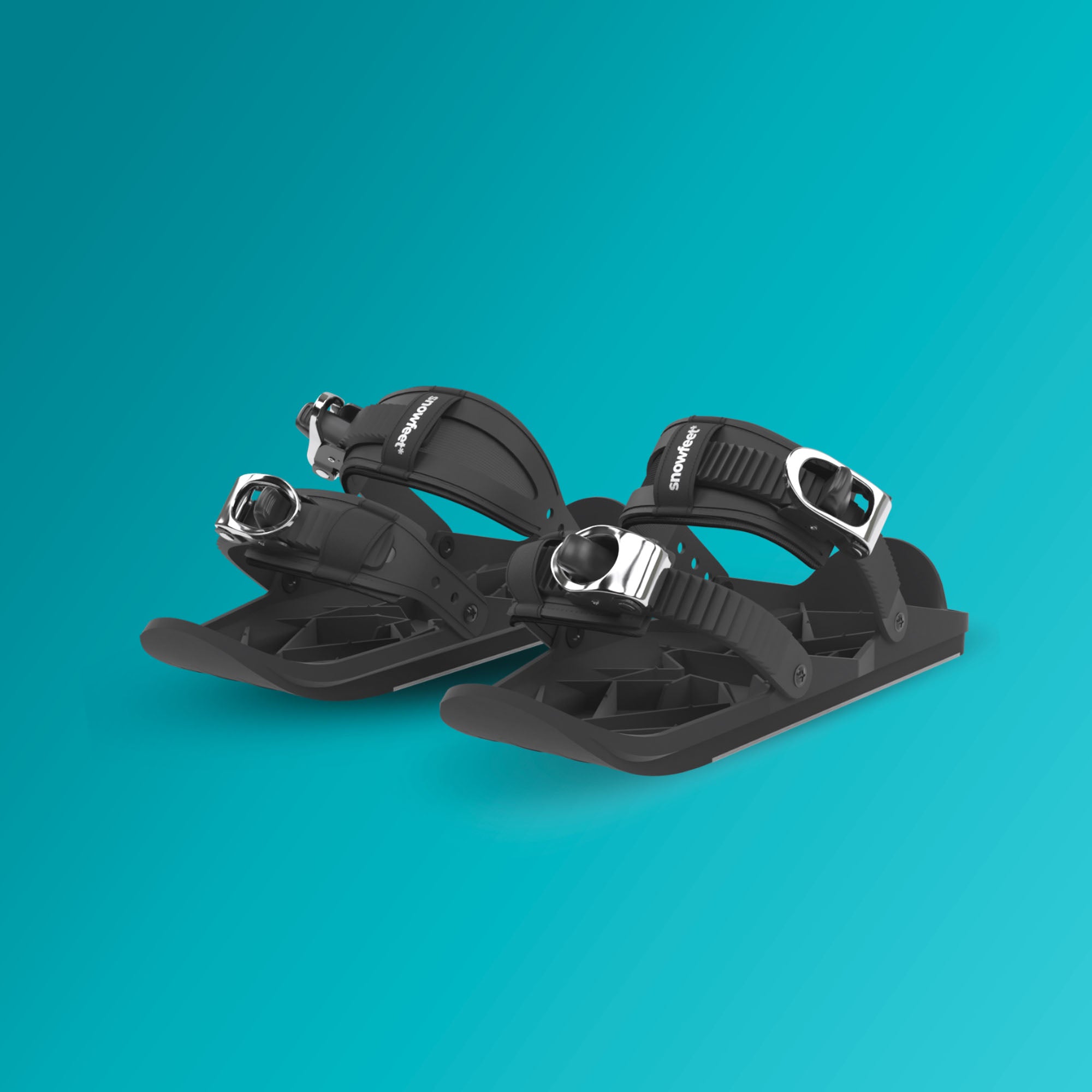
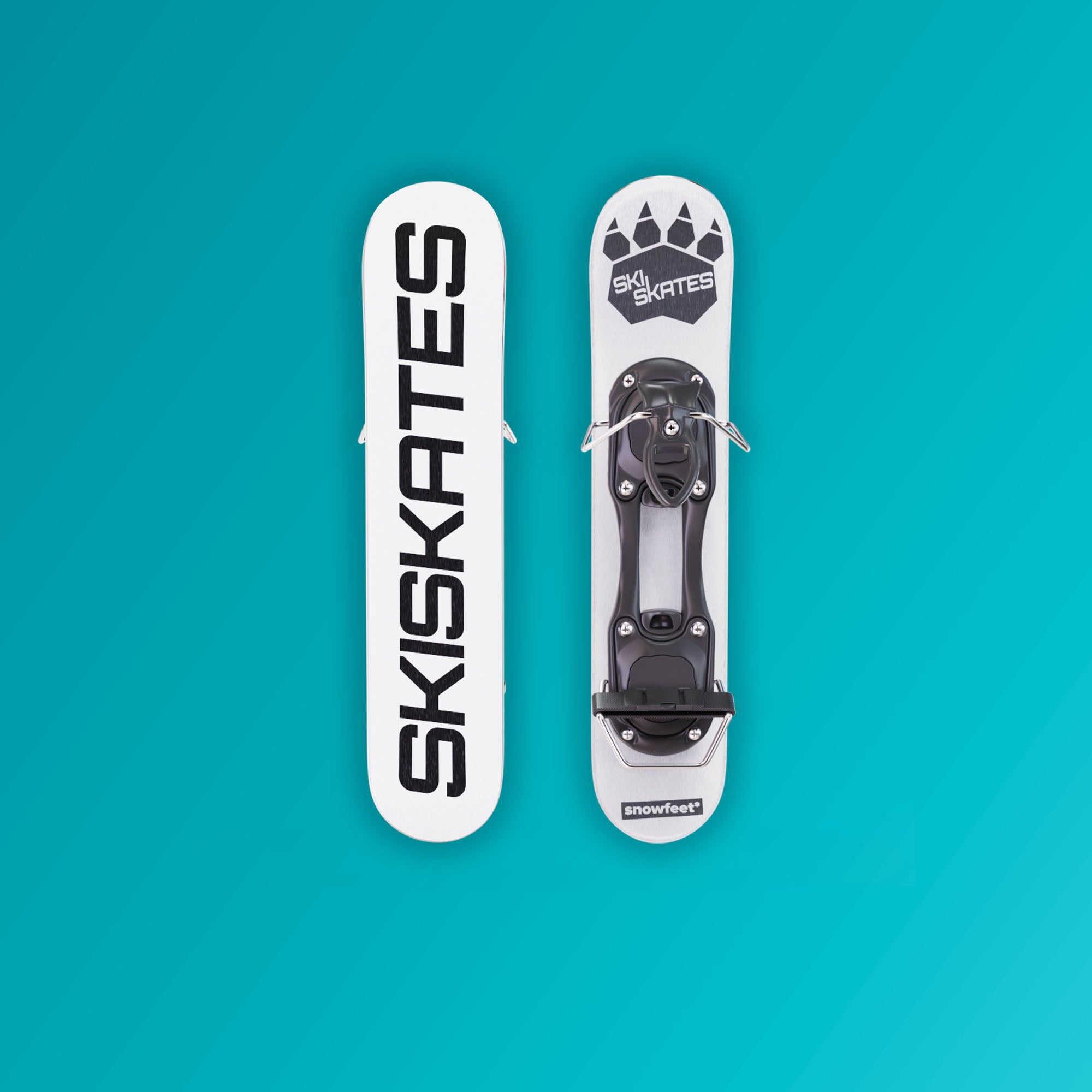
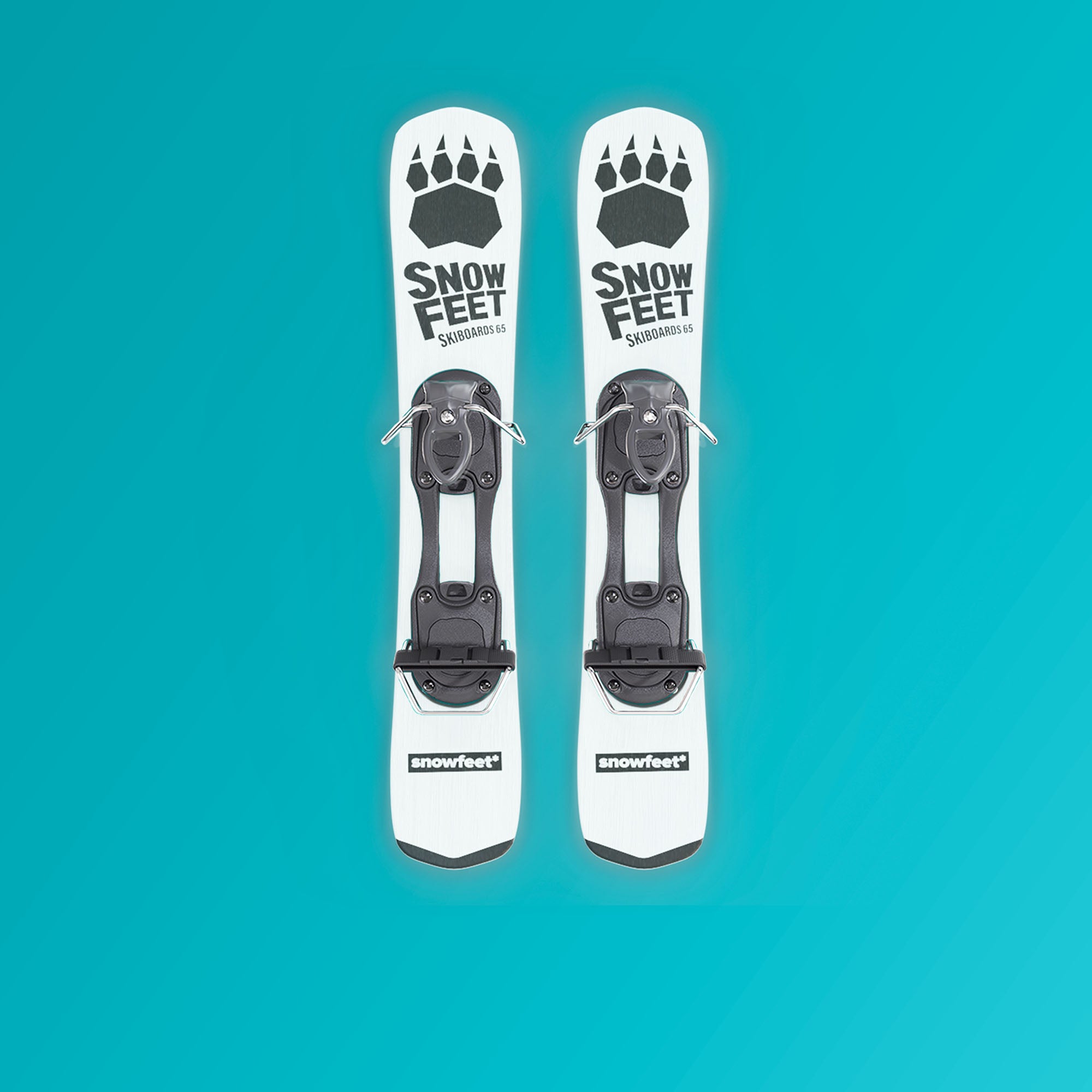

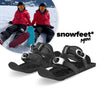

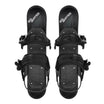




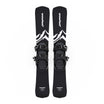
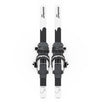

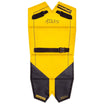

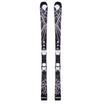

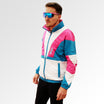
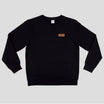
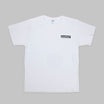




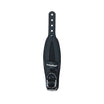



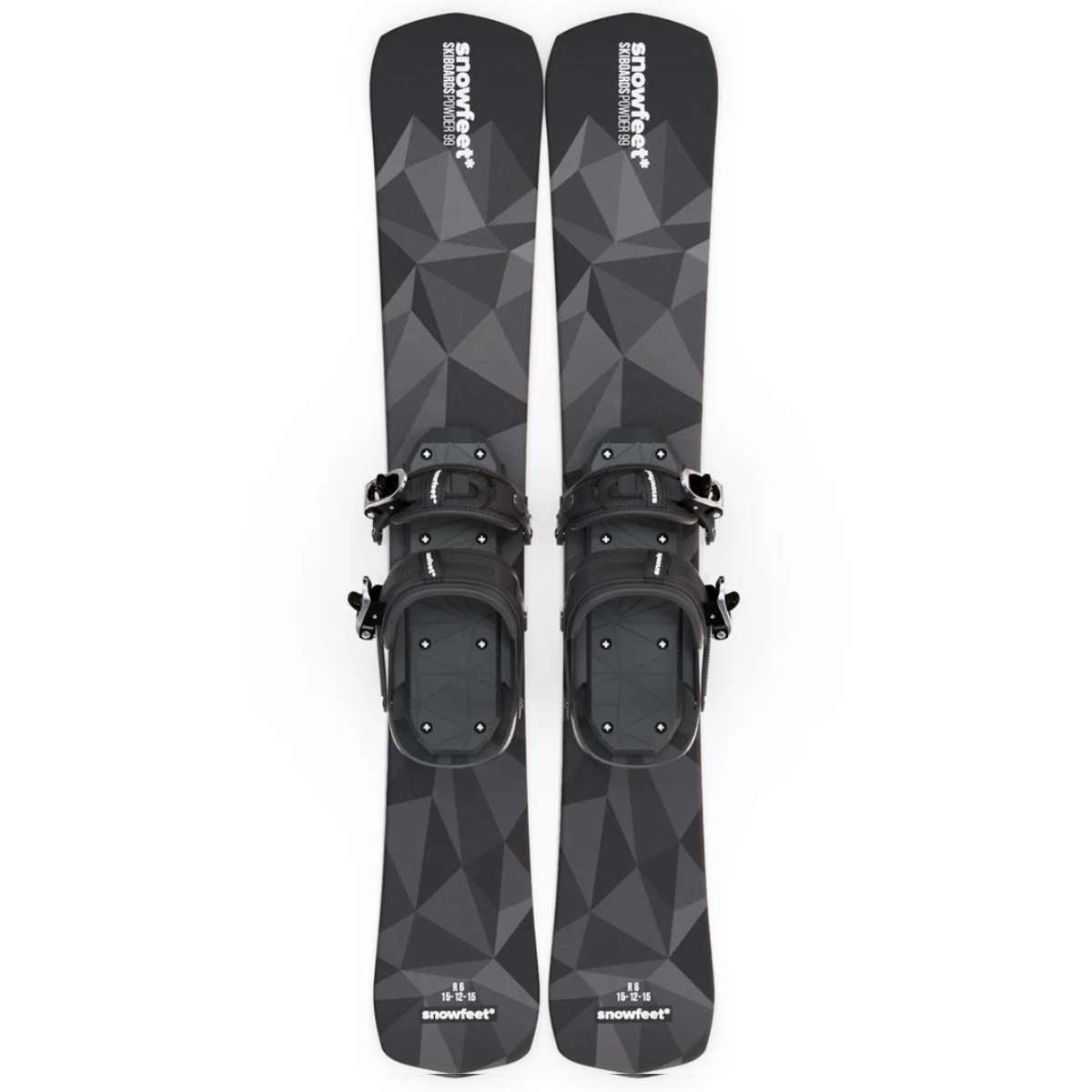
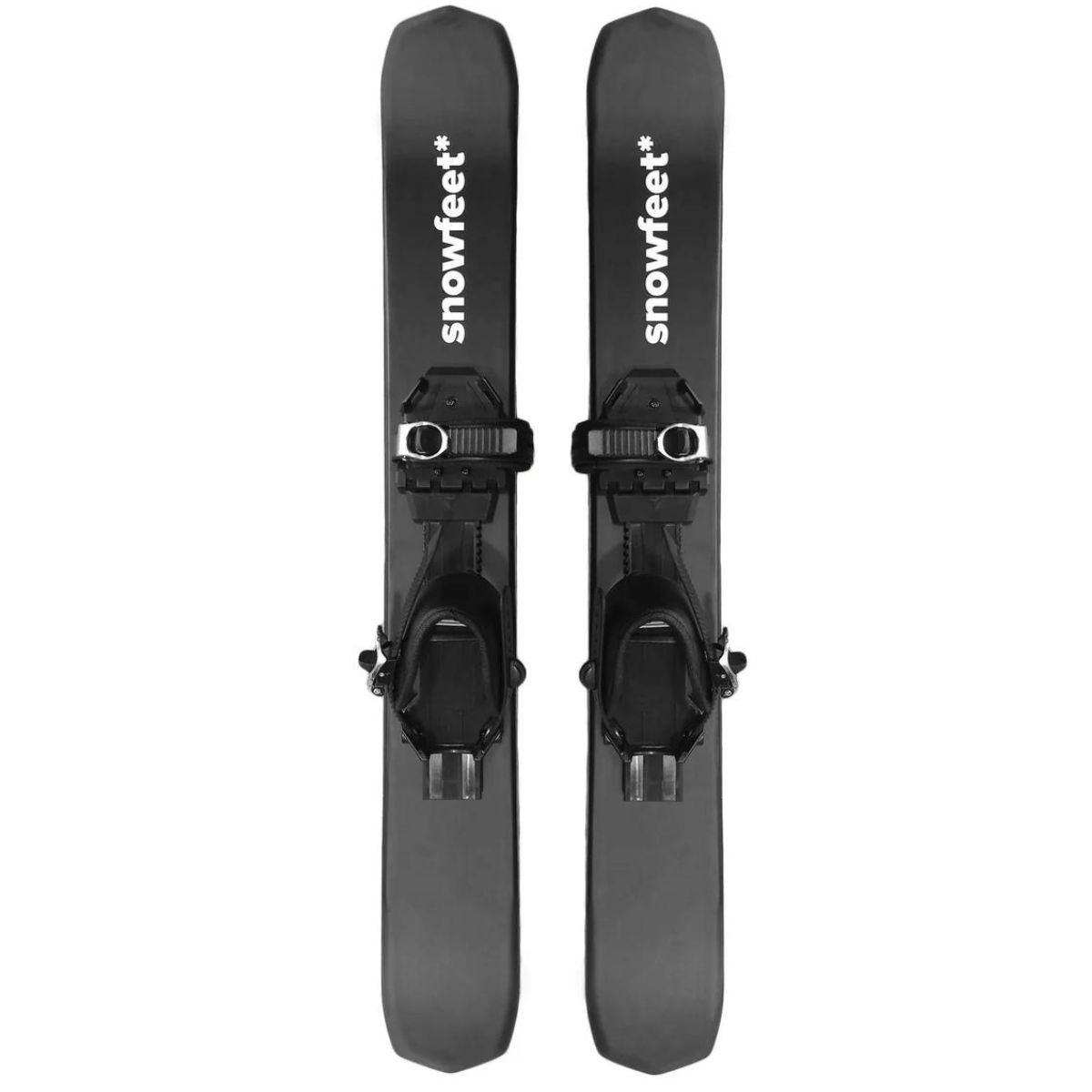





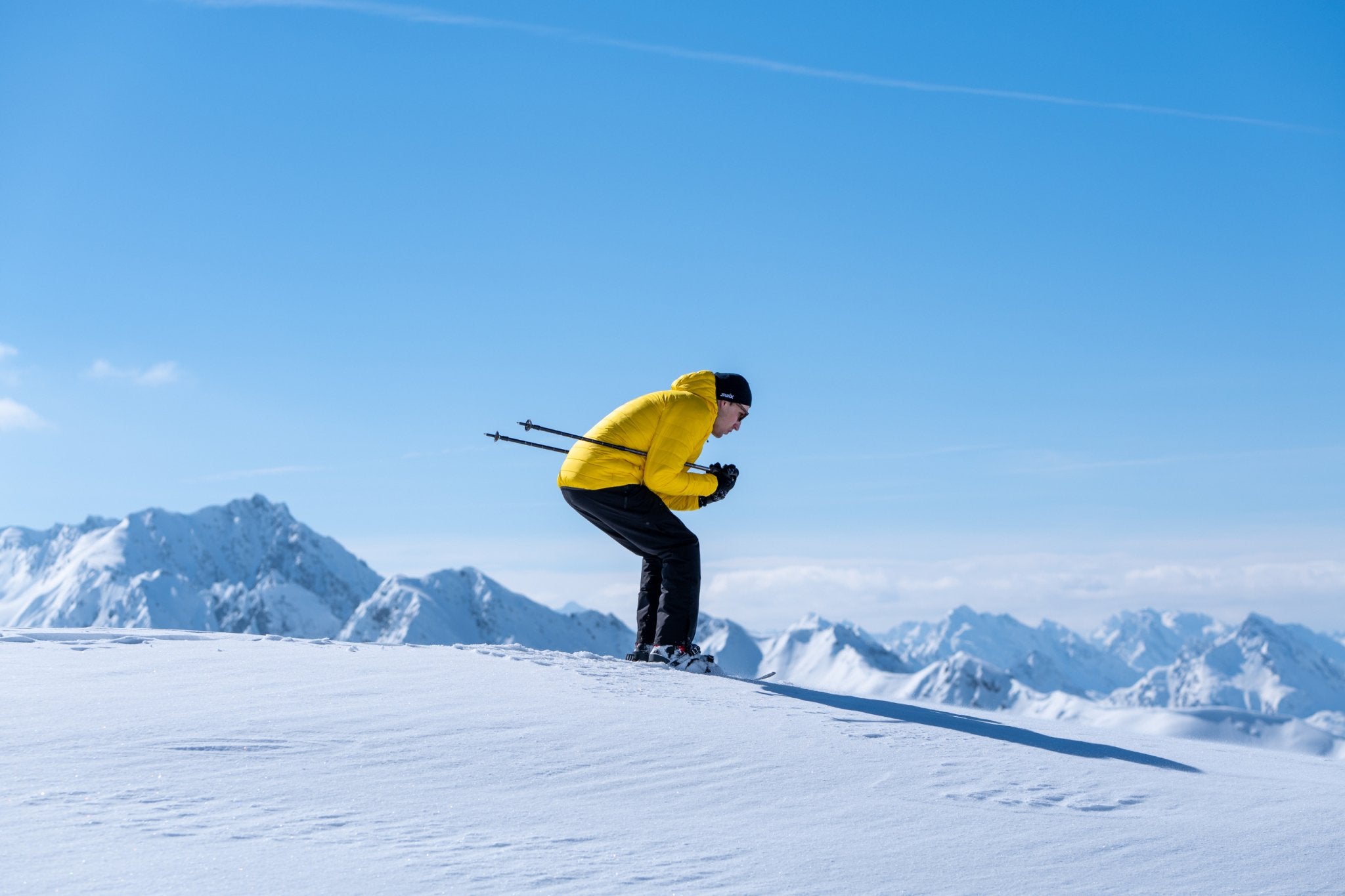
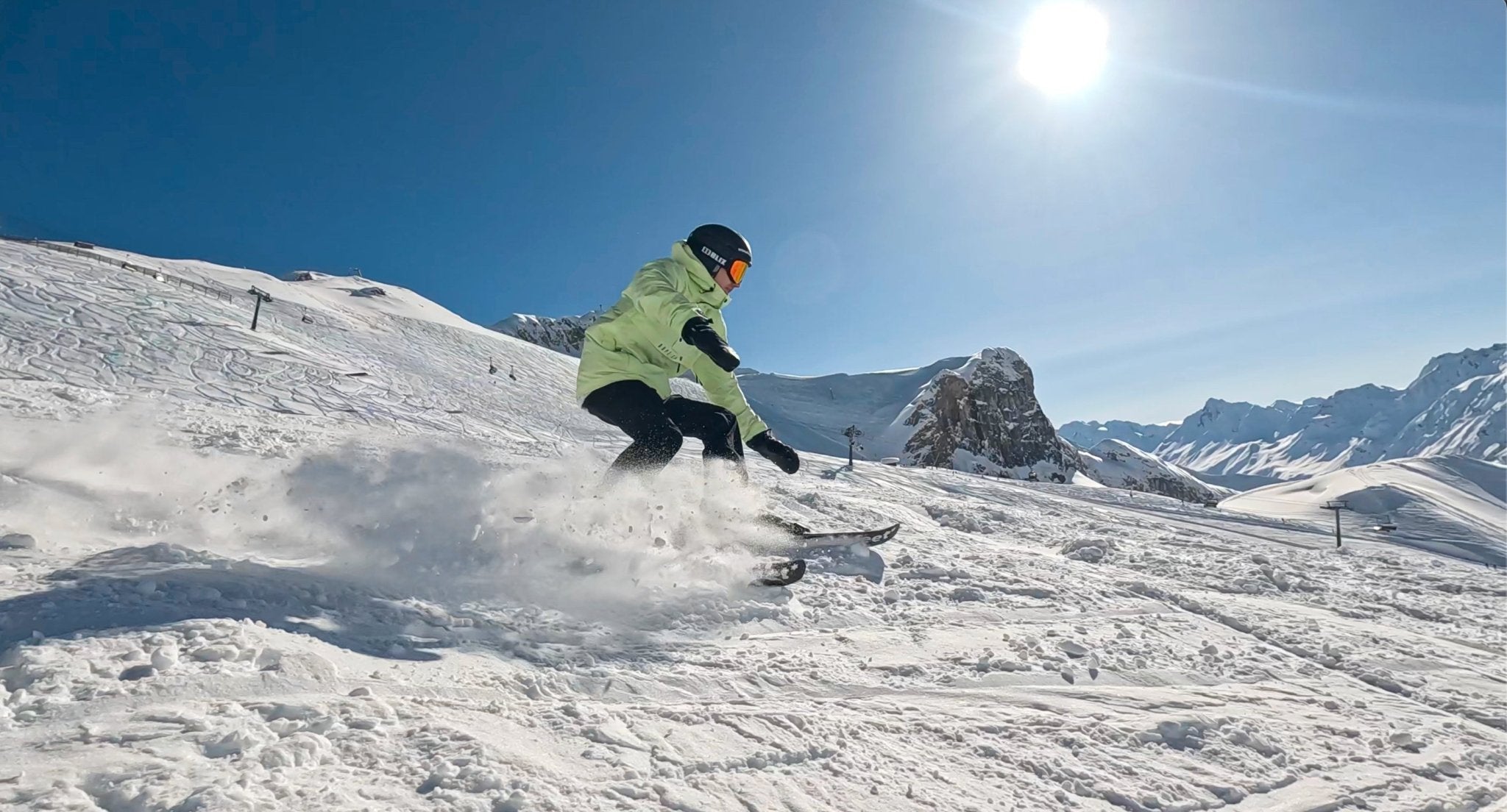


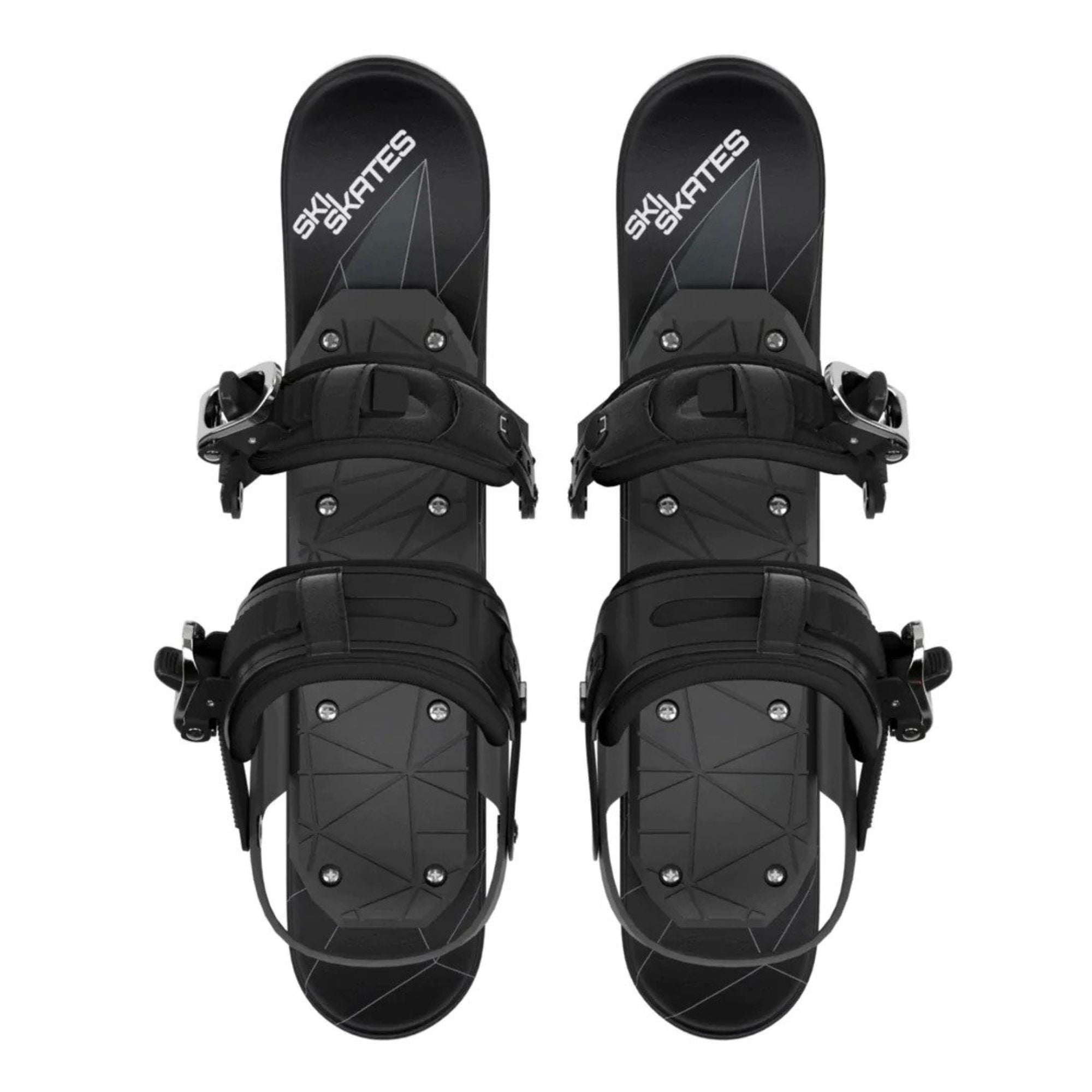
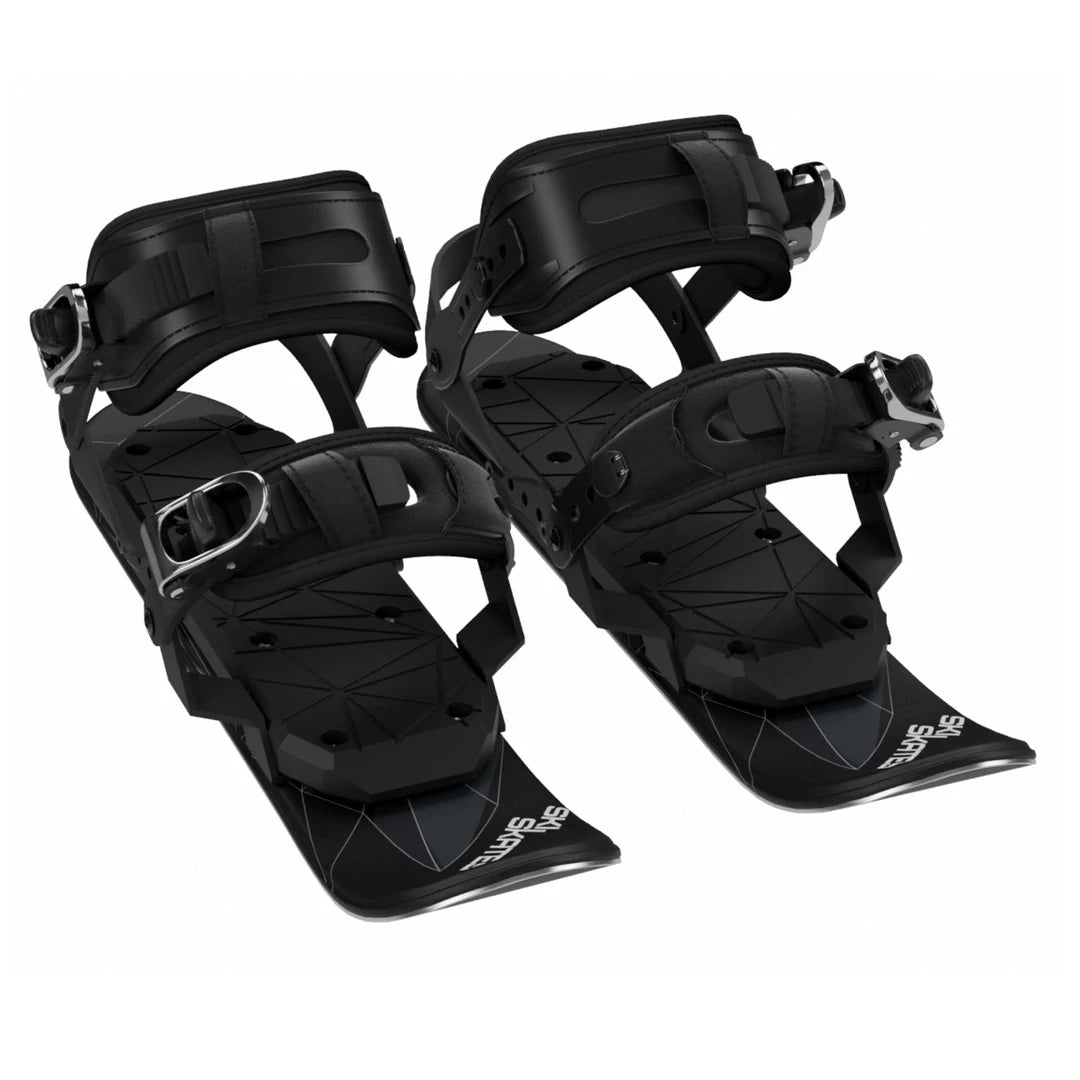



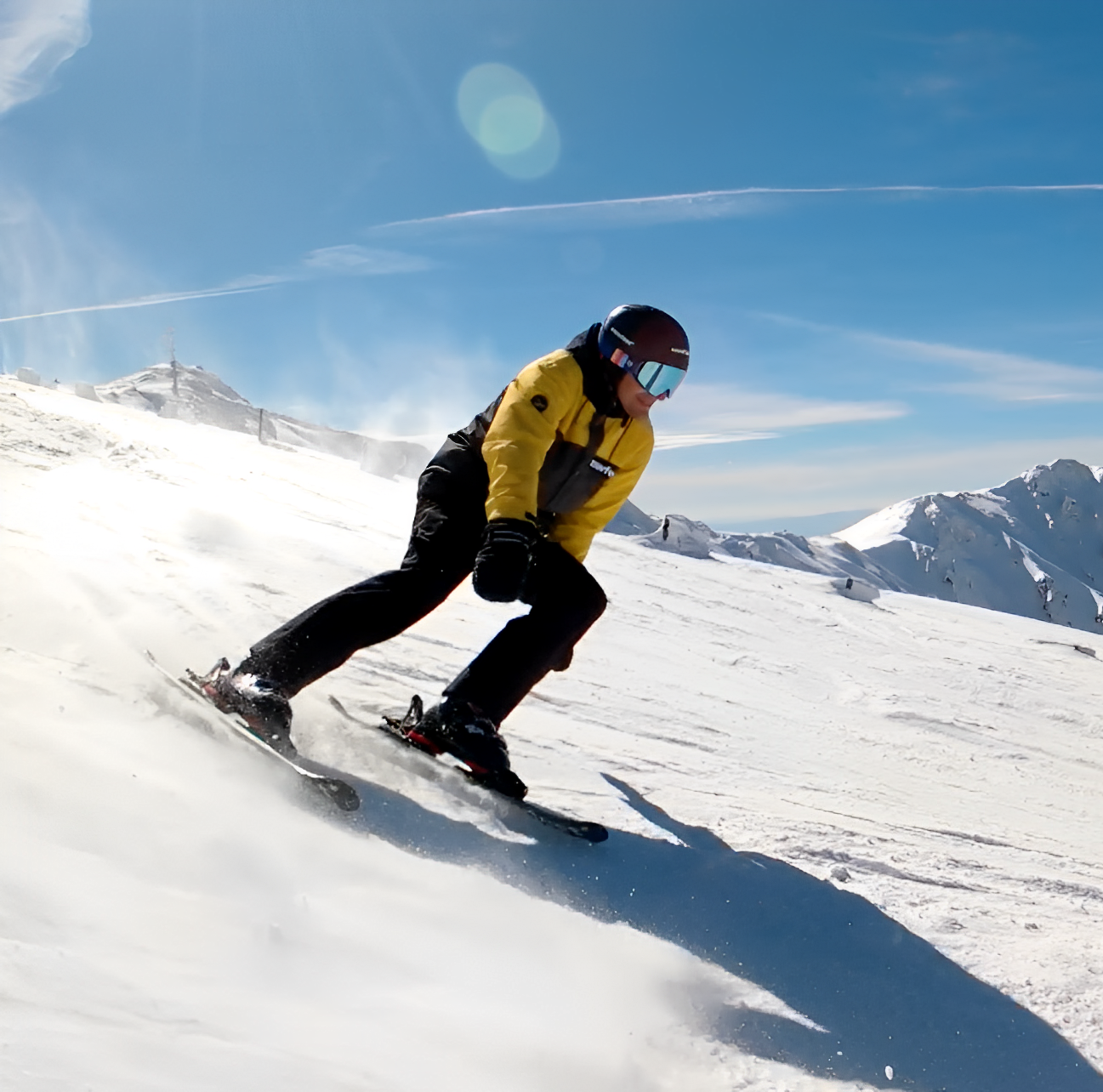




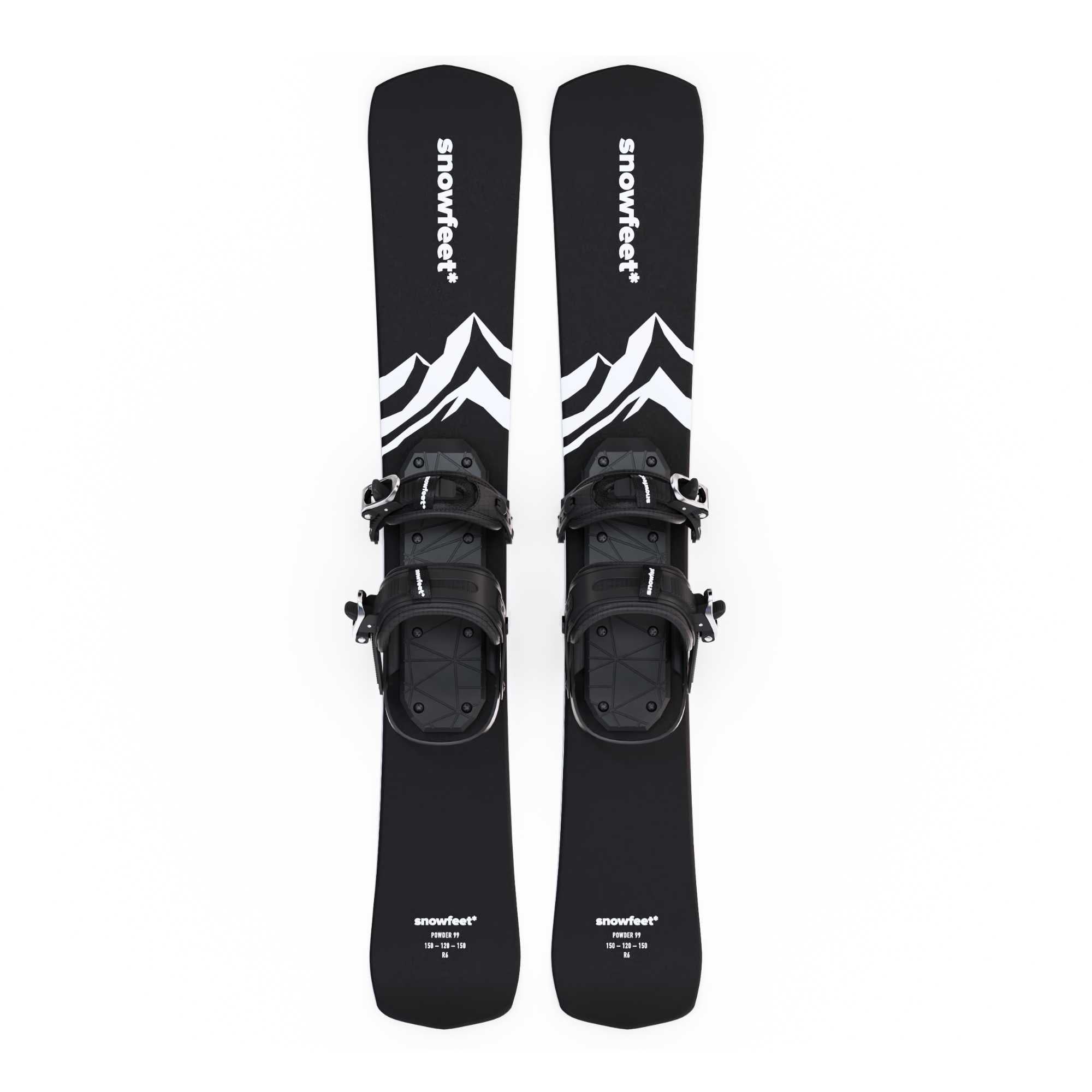
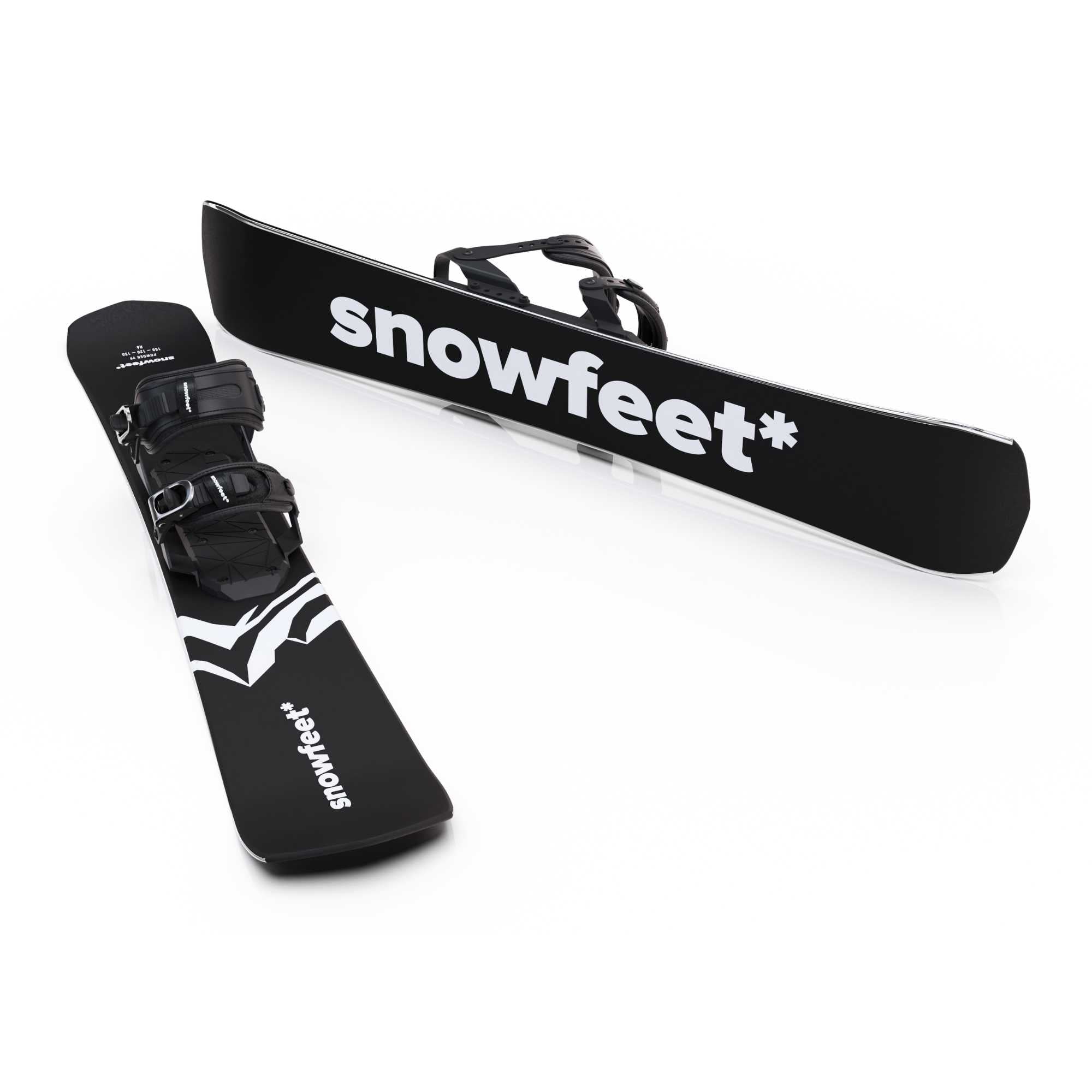


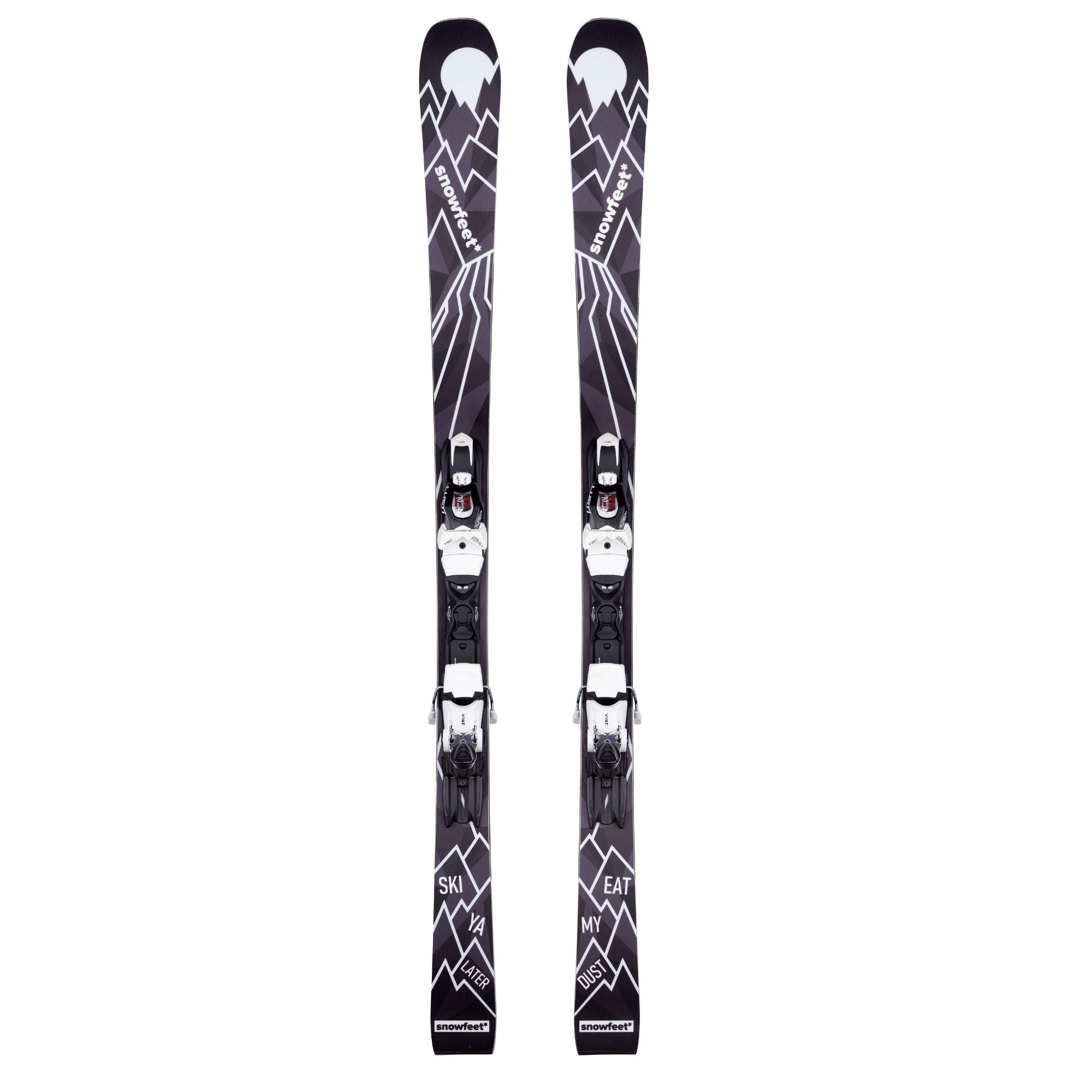
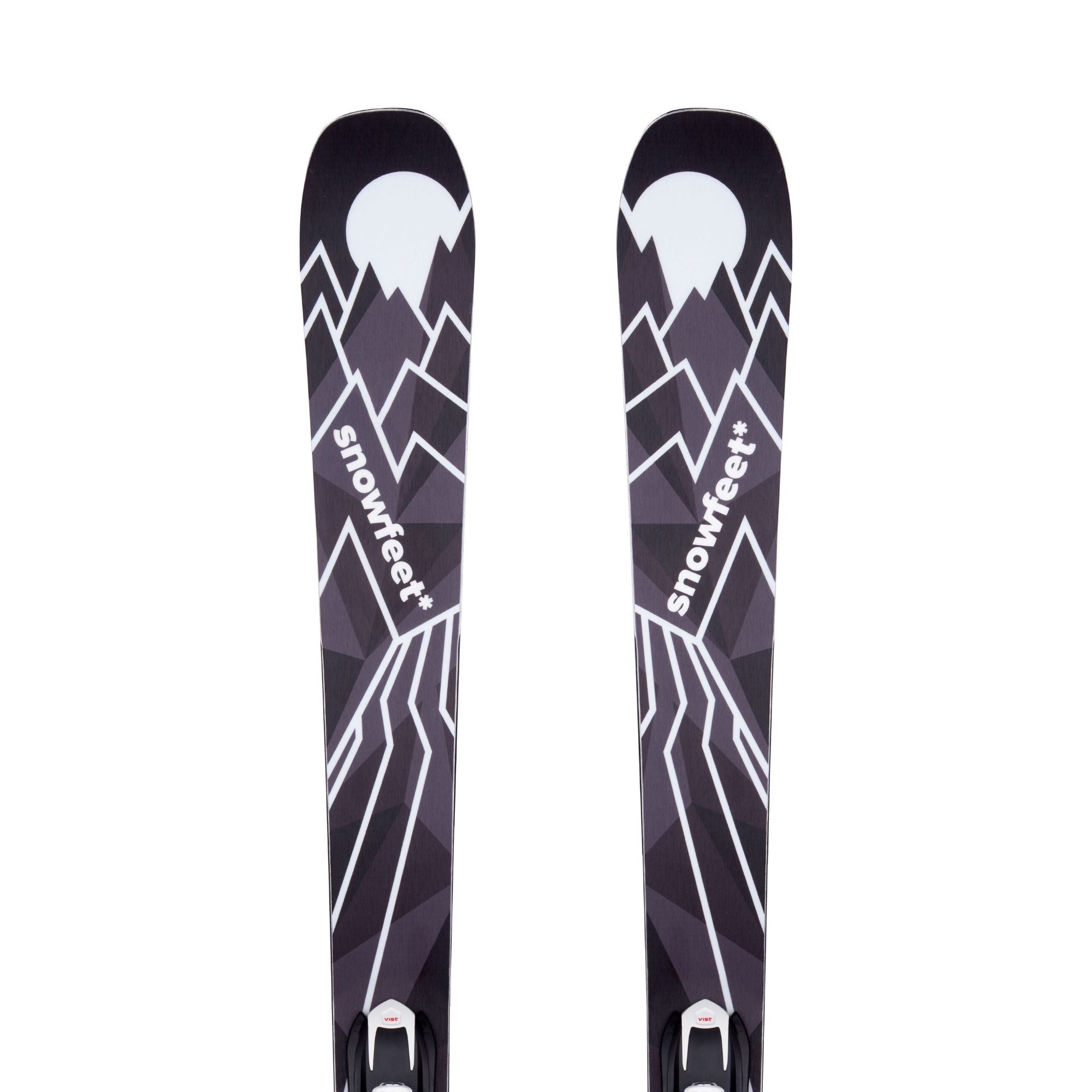
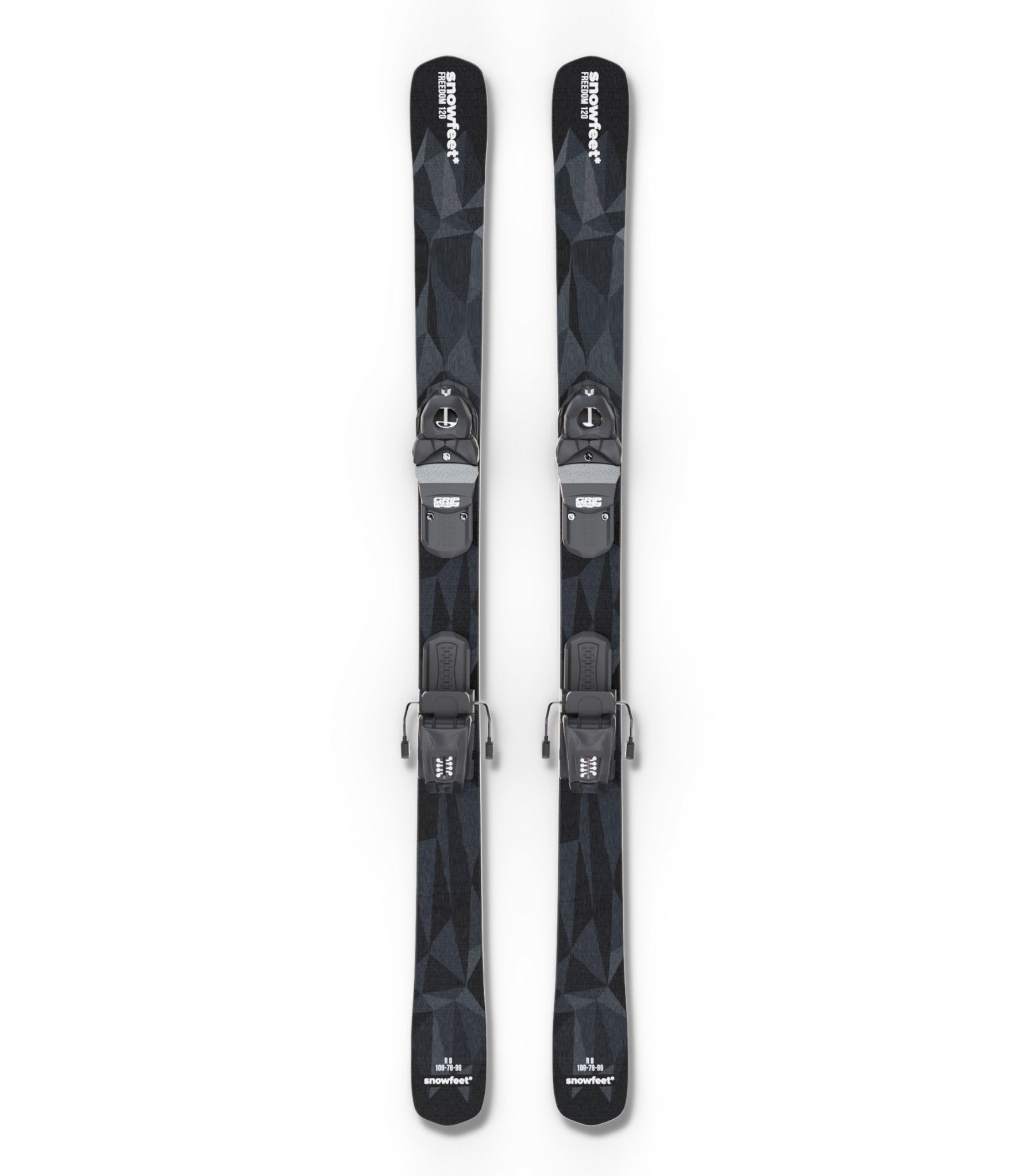
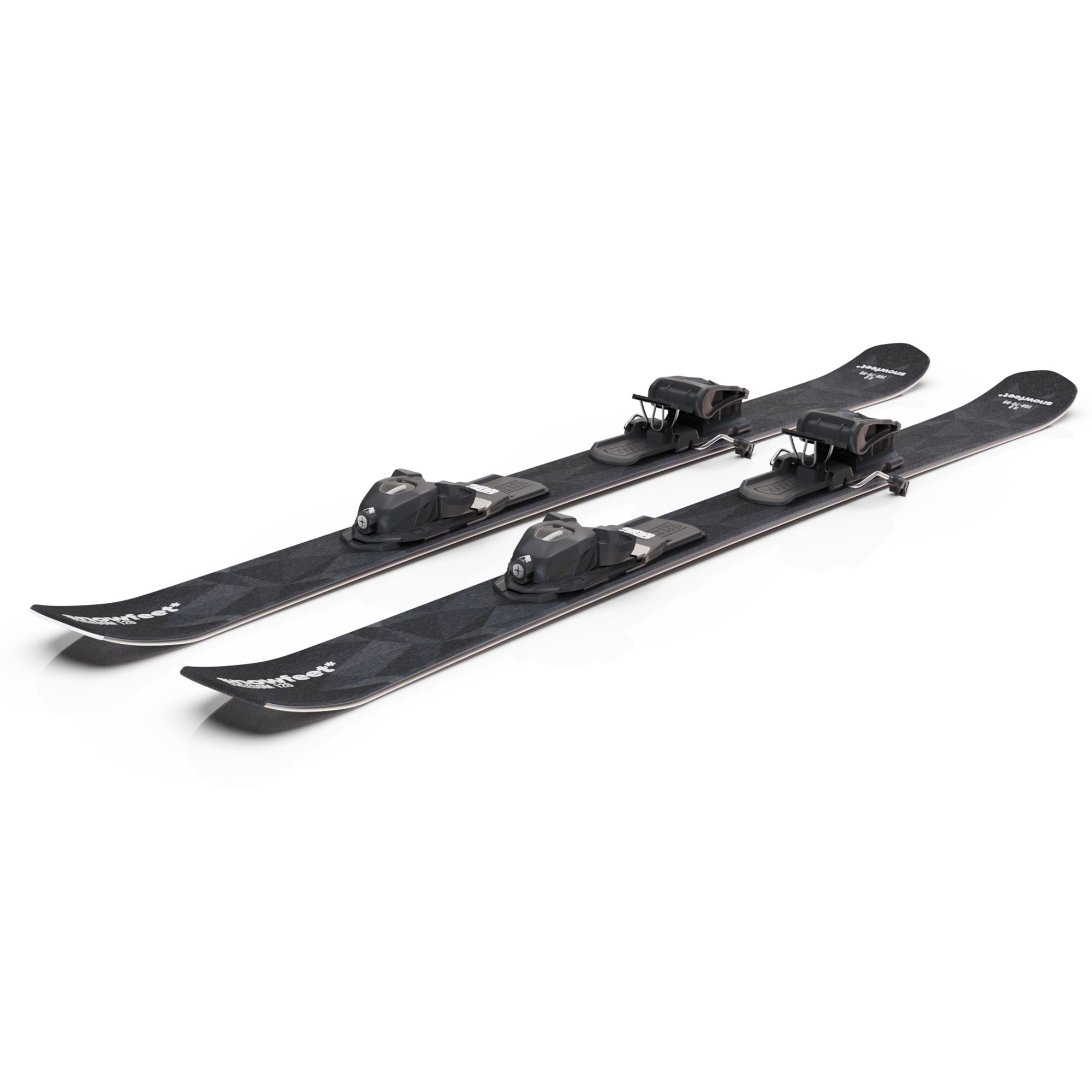
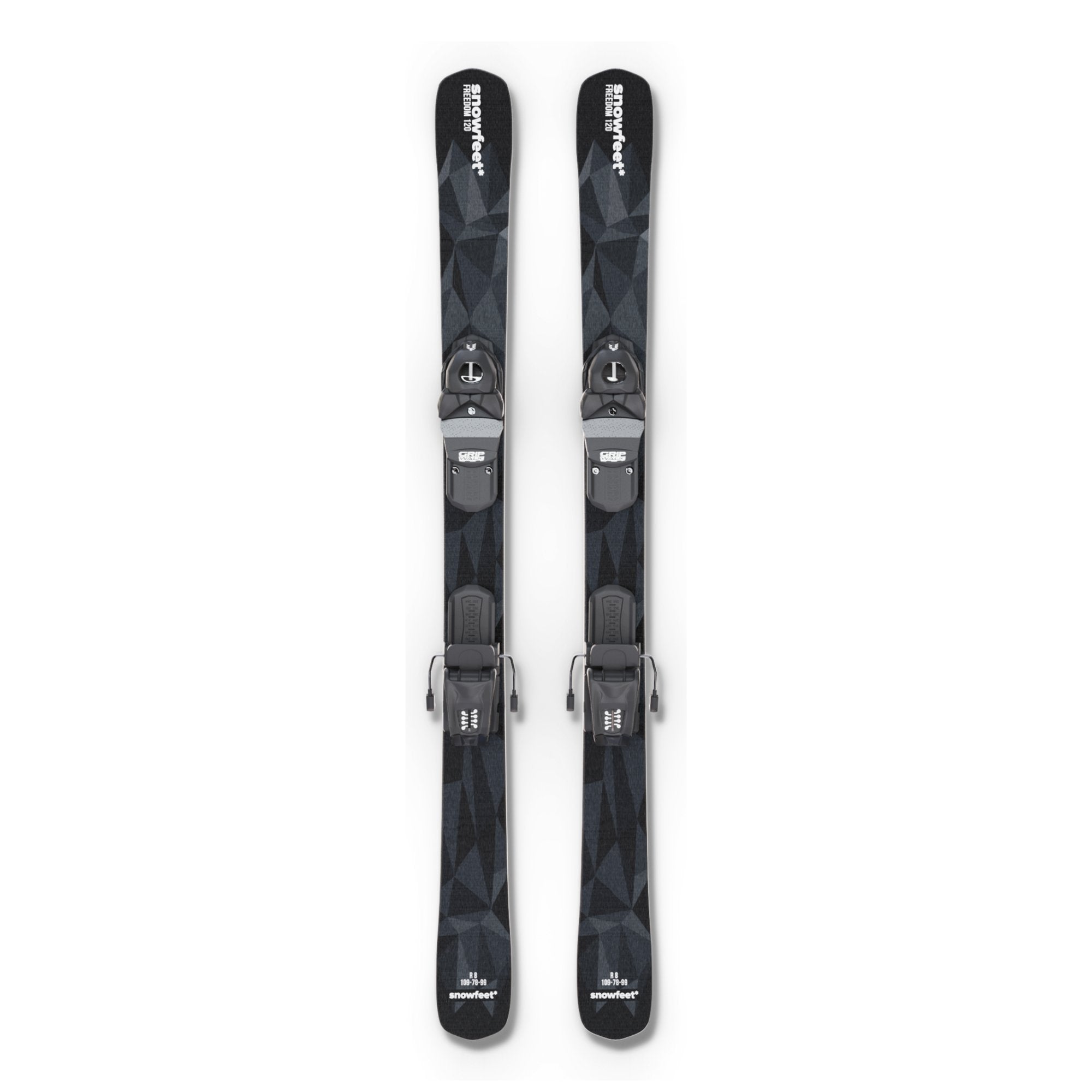
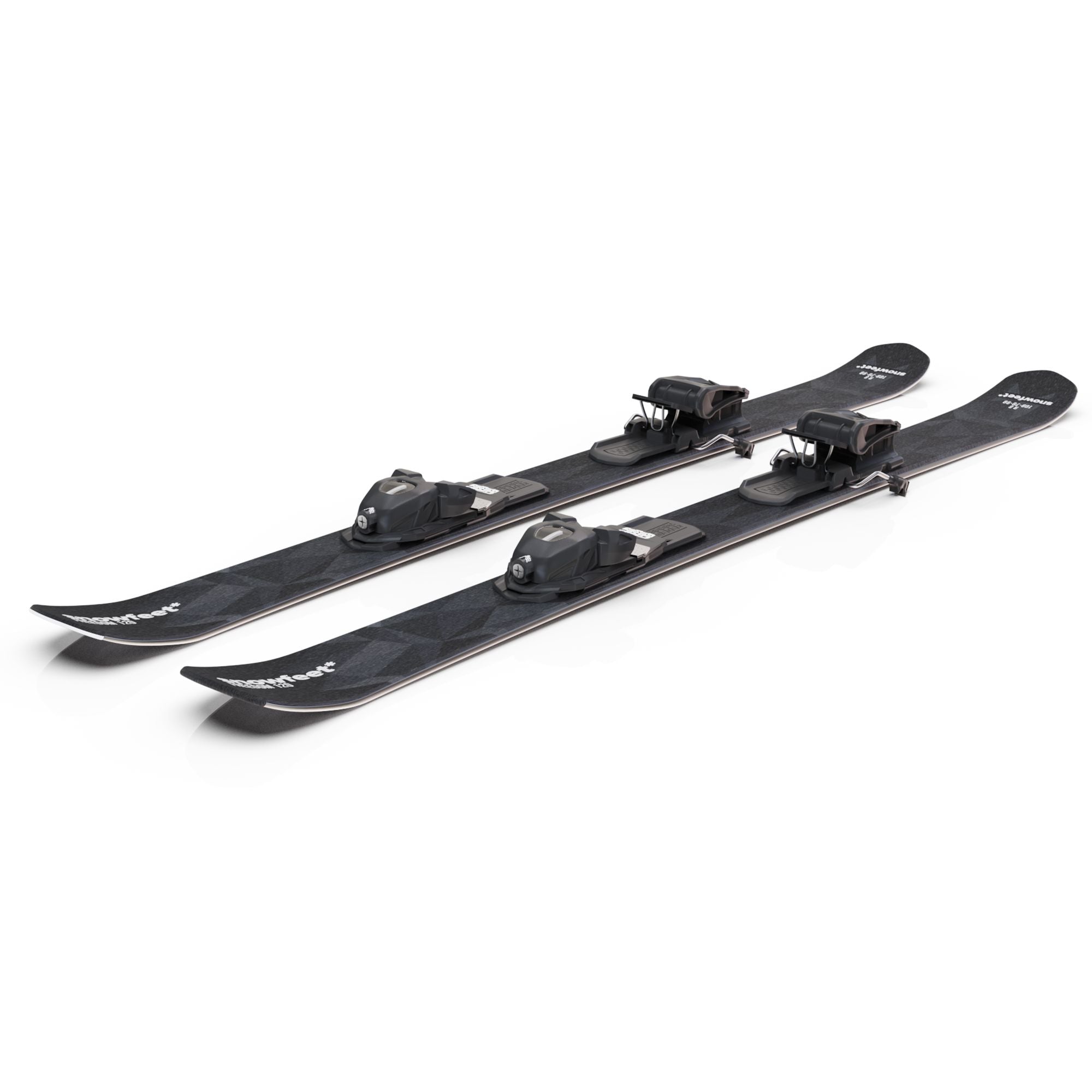
Leave a comment
This site is protected by hCaptcha and the hCaptcha Privacy Policy and Terms of Service apply.